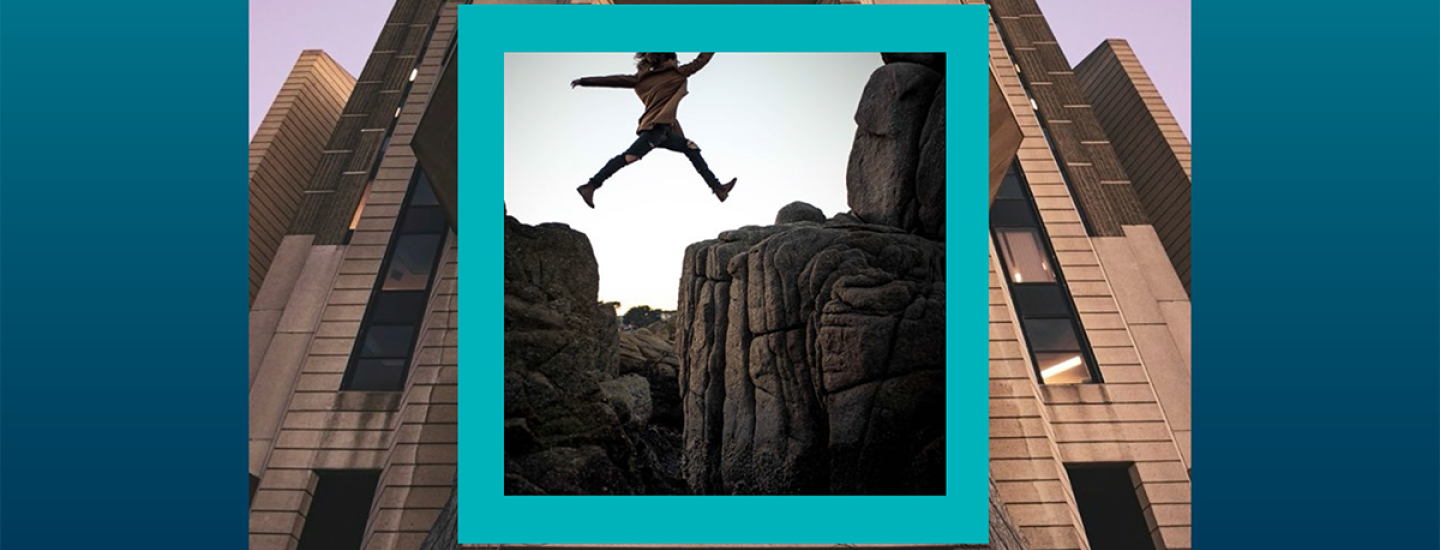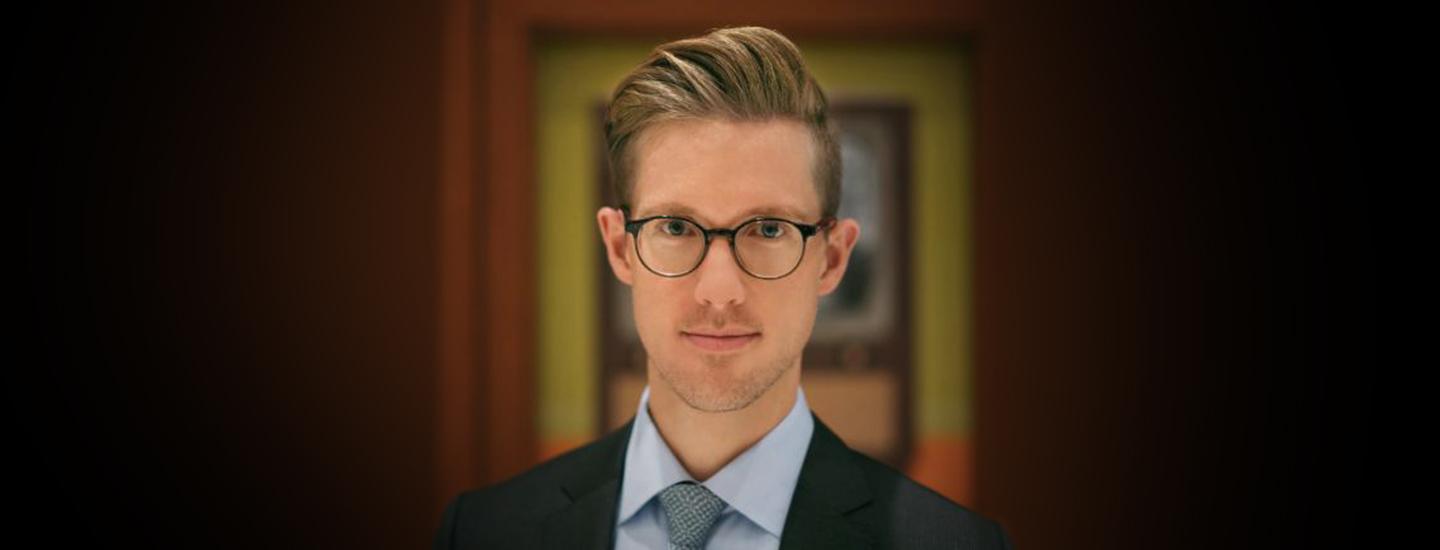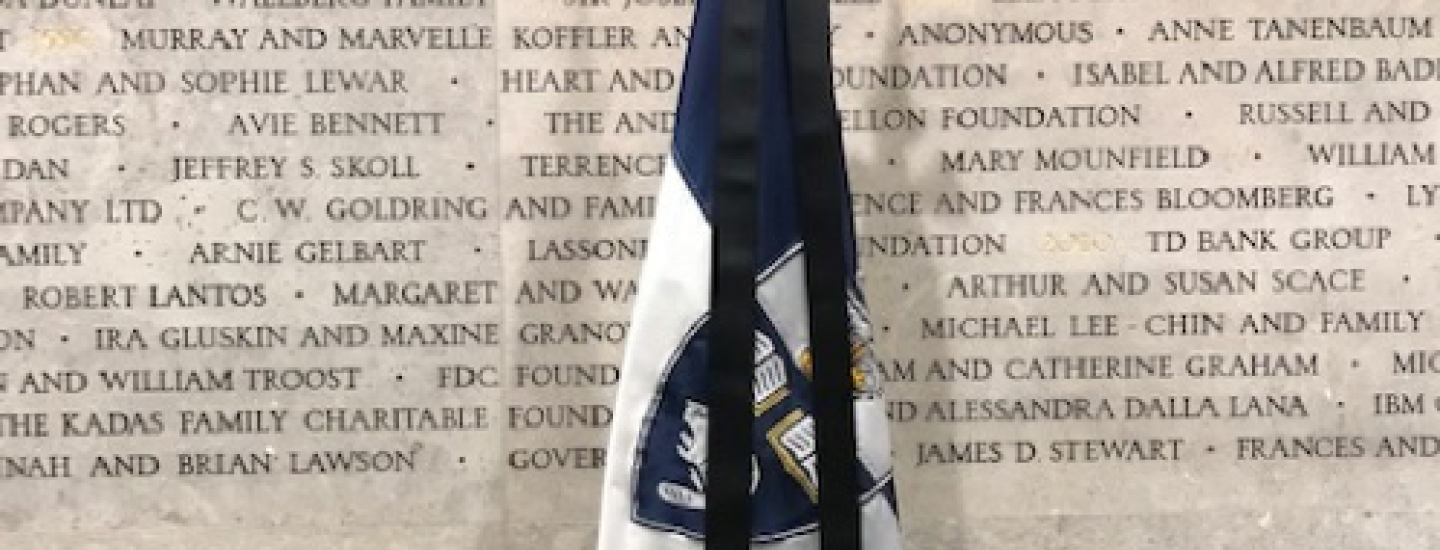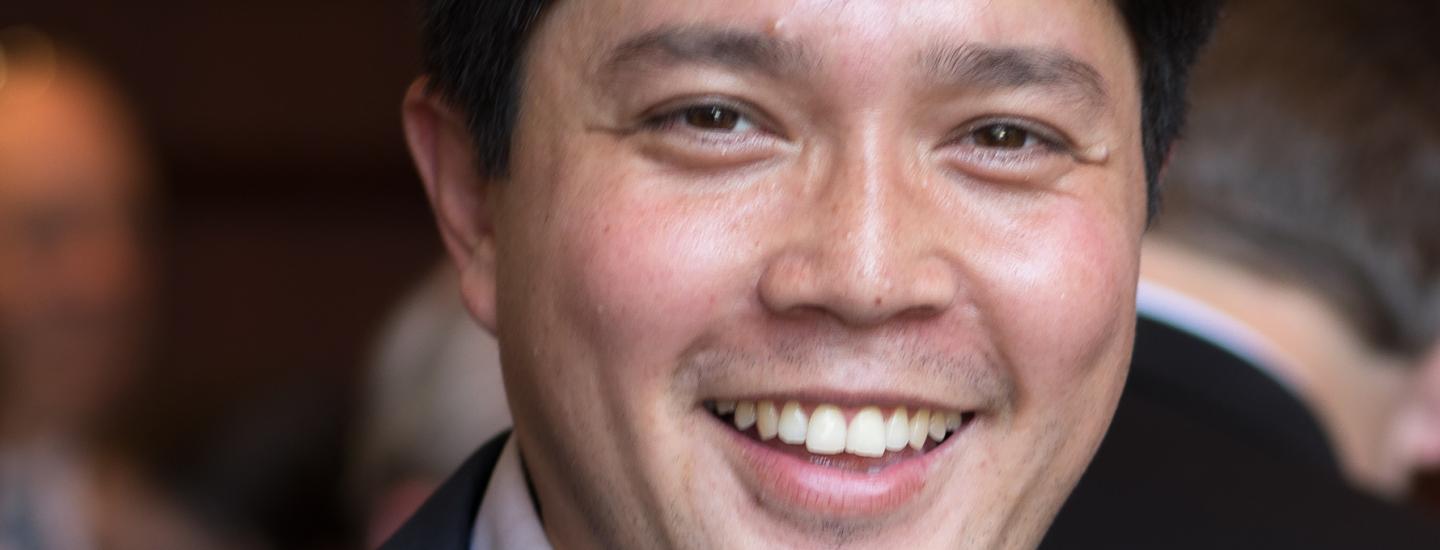
"I’ve learned how to adapt my communication to meet the needs of different audiences, and how to use different communication tools to connect with them.” - Paul Baretto
Paul Baretto knew there was a communication gap he needed to fill. As a Senior Manager of Software Portfolio Management at Scotiabank, his role involves implementing new internal systems and technologies, and communicating with staff to ensure these technologies are embraced and used effectively. “I’m involved in digital technology transformation, and could see that we needed to be better at communicating with end-users. I wanted to improve my ability to communicate to staff about how these technologies will affect them and their daily work,” explains Paul. “We do presentations and training sessions, but I knew we could do more. This is what drew me to multimedia journalism; I wanted to find more creative ways to reach my audience, and to use different channels to help them absorb knowledge.”
He chose to take the Multimedia Journalism course at SCS to expand his communication abilities. Paul valued the opportunity to connect with-and learn from- his diverse classmates, particularly those from a younger generation. “Most of my classmates worked in journalism or communications, so it was a great learning experience to hear their unique perspectives,” reflects Paul. “Our instructor Barbara Shecter really created a safe space to talk and share. We did a lot of round table discussions, where people explained how they would communicate a specific issue and why. I had a lot of ‘ah-ha’ moments, and I was comfortable speaking without the fear of judgement, which is a powerful thing.”
Paul says the course content, and his in-class interactions with his instructor and classmates, really shifted his frame of thinking. “I’ve learned how to adapt my communication to meet the needs of different audiences, and how to use different communication tools to connect with them,” says Paul. “I’ve also become more skilled at communicating priorities, and building relationships with my audience so they feel engaged in our collective goals.”
With his new arsenal of communication strategies, Paul is eager to focus on creating audience-specific, accessible, and engaging content. “I’m experiencing the dividends of taking this course on a daily basis,” asserts Paul. “If you are feeling hesitant about continuing education as an adult, that’s a good thing! We only grow when we are pushed outside of our comfort zone. If you are afraid, you are in the right place.”














